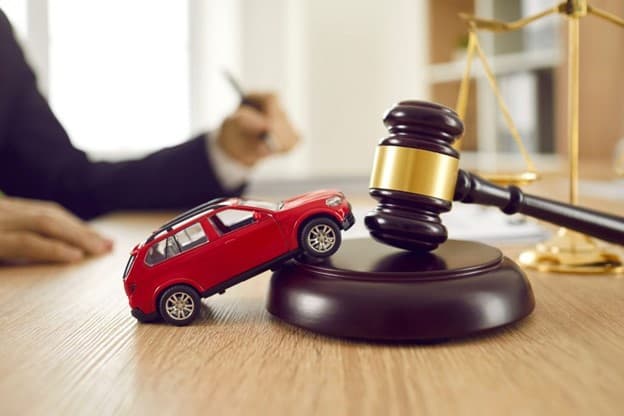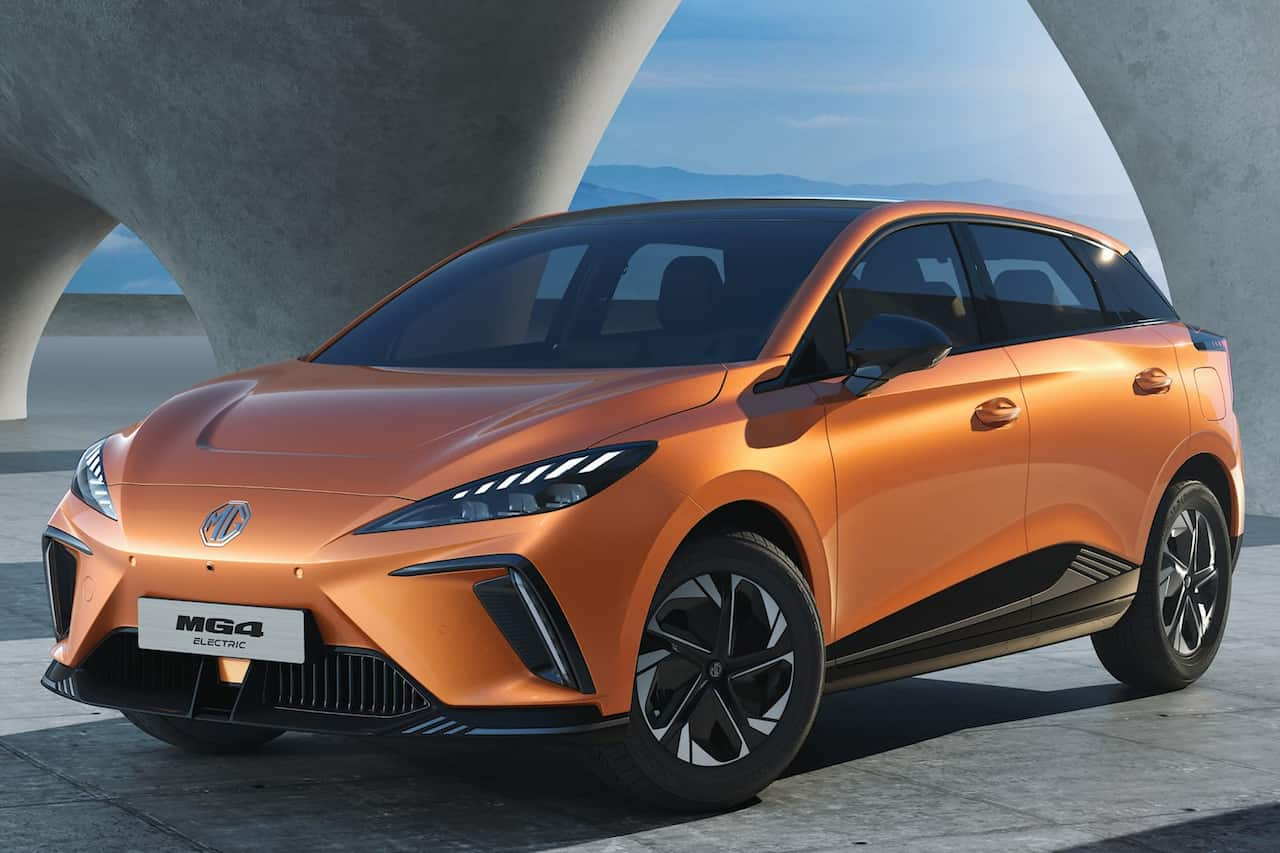
When it is clear who’s to blame for the car accident, the driver who’s at fault and their insurance firm will be held responsible for compensating the victim’s losses and injuries. However, if a self-driving vehicle, also commonly referred to as an autonomous car, is involved in an accident, determining who’s responsible and liable becomes a lot more complicated.
Self-driving vehicles are uncharted territory for most legal and insurance professionals, which is also why it’s very important to hire a car accident lawyer when you get into a self-driving car accident. If it’s hard for some legal professionals to handle self-driving car accident claims, imagine how much harder it would be for you.
Contents
Who’s Liable in Self-Driving Car Accidents?
Looking for compensation for personal loss and injuries suffered in an autonomous car accident has numerous differences as well as similarities to a regular car accident.
The party responsible for the crash is liable to pay damages to the pedestrian or motorist who got injured in the accident. Unlike your standard car accident, though, it is not always easy to determine what or who is to blame.
It can be difficult to figure out what or who was at fault in a self-driving car accident. The parties involved might try to employ commonly-used defenses, like comparative negligence, which entails blaming part or all of a crash on the victim. Car accident victims, whether in scenarios involving self-driving cars, deserve to be wholly compensated for their loss or damages, no matter who’s at fault.
The Human Operator
All autonomous vehicles currently on the road have human operators behind the wheel. They let the vehicle do most of the work when it comes to navigating traffic; however, they still have a crucial role.
They’re there to stay aware and alert of what is happening so they can take over control in case something unexpected happens. If the human operator isn’t paying attention and does not act in a way that tries to avoid the accident, then they can be held liable.
The same variables can be applied to regular accidents as well. Was the human operator acting recklessly, leading to the crash, or was the crash something they couldn’t avoid and therefore not fully at fault?
The Technology Designer
Autonomous vehicles use so many different kinds of sensors and software that normal vehicles don’t have. The technology manufacturers and software developers of these systems could be held responsible if the car doesn’t act as it should and something goes wrong.
For instance, if a kid’s ball comes rolling down the street, the self-driving car needs to rely on complicated algorithms and data to “see” the ball and swerve. Human drivers will use their reflexes and judgment to do the same. The split-second decision to either swerve onto oncoming traffic or hit the ball may turn out very differently with autonomous vehicles.
The Car Manufacturer
Just as with regular car crashes, sometimes there can be issues with the car itself. Things such as failed braking systems or other mechanical issues may cause an accident, and there’s really not much the driver could’ve done.
In such instances, the injured party may seek compensation from the car manufacturer or the malfunctioning car parts manufacturer.

Setting Legal Precedents
The risk of autonomous vehicles getting into accidents is a huge reason why such cars are being rolled out slowly. Fortunately, there haven’t been many fatalities involving self-driving cars.
With that said, there’s still not enough information yet to properly gauge and analyze how dangerous or safe self-driving cars are.
Regardless of what statistics say, it is vital to seek legal representation while dealing with self-driving car accidents. This will allow victims to take their minds off the legal aspect of the accident and focus more on their recovery.

